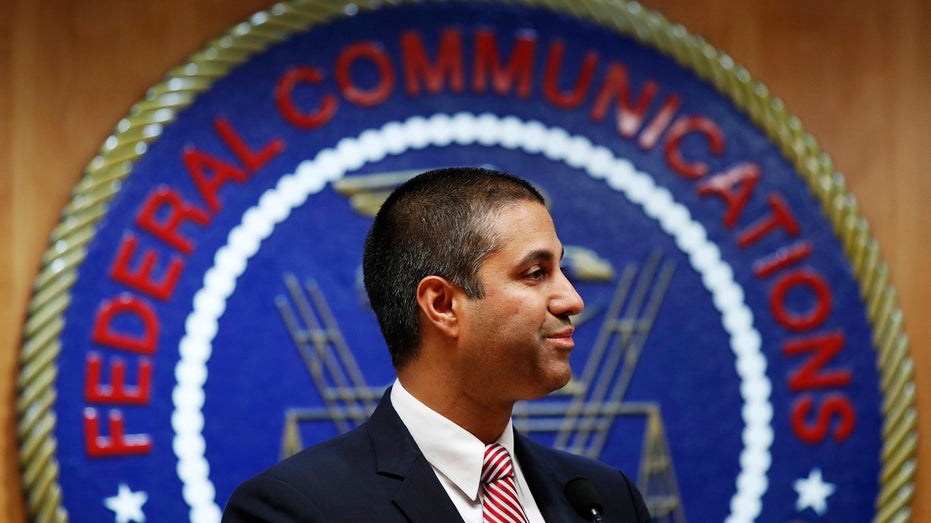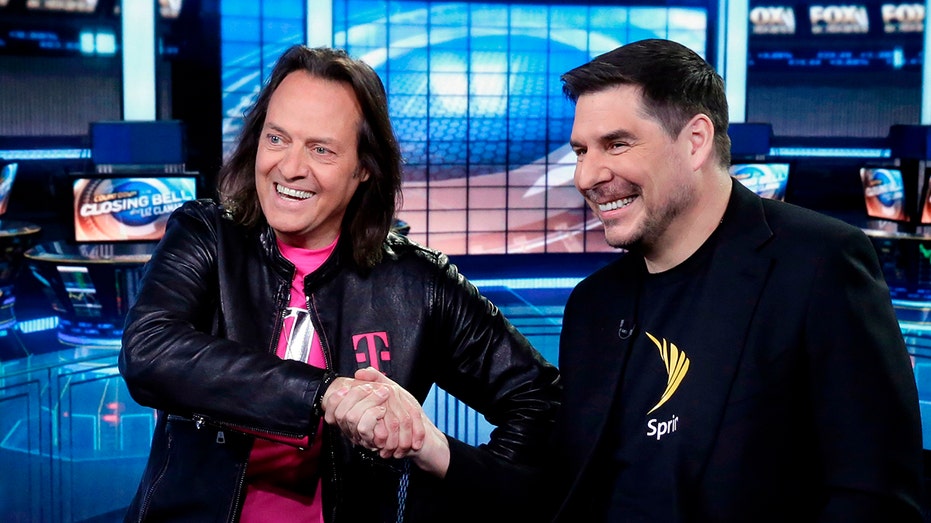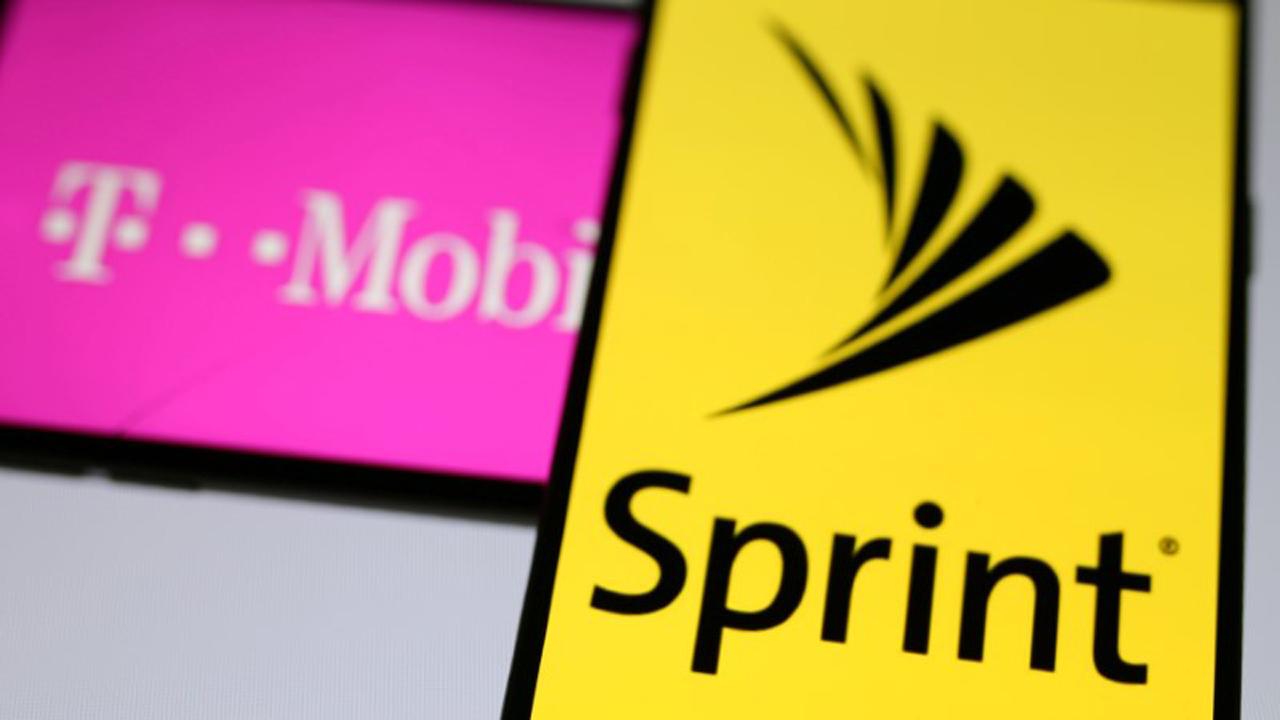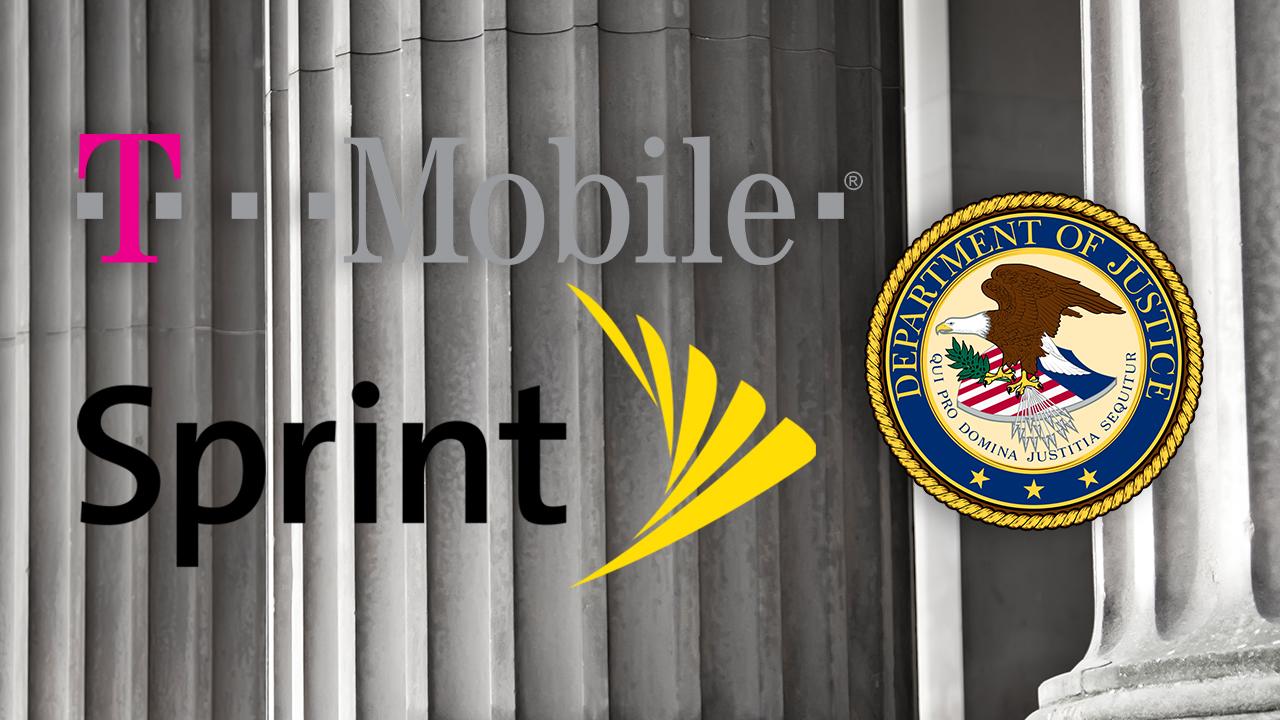FCC approves T-Mobile-Sprint merger, requires Boost Mobile divestiture
'Competitive benefits will outweigh pricing pressure,' regulators say.
The Federal Communications Commission approved Sprint and T-Mobile's $26.5 billion merger, as long as certain conditions are met, in a ruling released Tuesday.
Three of the five commissioners said that the merger would encourage the deployment of a new 5G mobile network, and that the effect on competition would be mixed.
It will "create upward pricing pressure," according to the ruling, but it said the "competitive benefits will outweigh pricing pressure in certain areas, such as rural markets, and in certain segments of the market."
| Ticker | Security | Last | Change | Change % |
|---|---|---|---|---|
| TMUS | T-MOBILE US INC. | 197.39 | -4.47 | -2.21% |
| S | SENTINELONE INC | 13.22 | +0.29 | +2.24% |
FCC Chair Ajit Pai said he would recommend the merger approval in August.
HOW T-MOBILE-SPRINT MERGER IMPACTS 5G
"After a lengthy and painstaking review process, the Commission has correctly concluded that this transaction is in the public interest," Pai said Tuesday. "In particular, the transaction will help secure United States leadership in 5G, close the digital divide in rural America, and enhance competition in the broadband market."

FILE - Federal Communications Commission Chairman Ajit Pai. (AP Photo/Jacquelyn Martin, File)
Commissioners Geoffrey Starks and Jessica Rosenworcel dissented.
"By any metric, this transaction will raise prices, lower quality, and slow innovation, just as we start to deploy the next-generation of wireless technology," Rosenworcel warned.
The FCC conditioned its approval on the two wireless companies fulfilling a number of commitments, including Sprint divesting itself of Boost Mobile.
Dish Network Corporation has agreed to purchase Boost as part of a deal with the Department of Justice to use the billions of dollars worth of wireless spectrum that Dish owns.

T-Mobile CEO John Legere, left, and Sprint CEO Marcelo Claure shake hands as they are interviewed by Liz Claman during her "Countdown to the Closing Bell" program on the Fox Business Network, in New York, Monday, April 30, 2018. (AP Photo/Richard Dre
T-Mobile and Sprint promised the government they would build a 5G network that would cover 97 percent of Americans in the three years after the finalized deal. That number will reach 99 percent of Americans within six years, they promised.
They agreed to pay the government as much as $2.4 billion if they do not meet the FCC's conditions.
Seventeen state attorneys general, including those from New York, California and Maryland, have filed a lawsuit to block the merger.





















